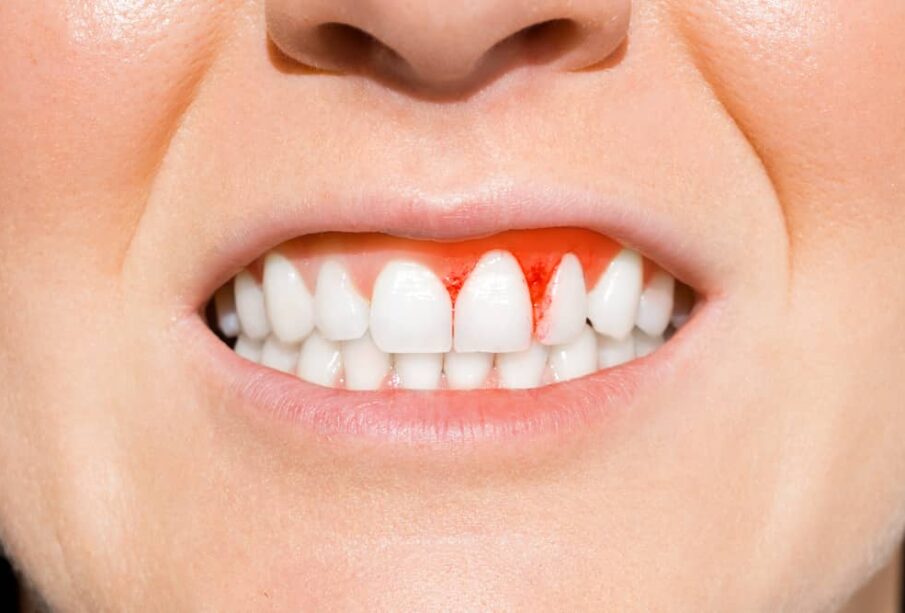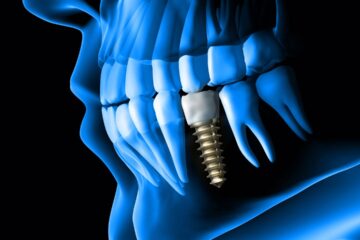
Gum disease, known as periodontal disease, is a prevalent oral health situation that affects millions of people all over the world. It is caused due to bacterial infection and also can lead to severe consequences if we untreated it. There are various gum disease treatments available that can help to restore oral health and prevent further difficulties. In this article, we will explain the causes, symptoms, and several treatments for gum disease.
What is gum disease(Understanding)
This disease occurs when harmful bacteria in the mouth build up into plaque and tartar, causing swelling and infection in the gum tissues. The first stage of this disease is called gingivitis, which is identified by red, swollen gums that may cause bleeding during brushing. If not addressed on time, gingivitis can progress to periodontitis, a more acute form of Gum Disease Treatment where the infection spreads deeper and deeper into the supporting structures of the teeth.:
Causes
Several factors contribute to the development of gum disease, including:
- insufficient brushing and flossing can lead to memorial tablet buildup, which eventually hardens into tartar, causing gum swelling. ad of other people who have no do smoke. Tobacco weakens the immune system and makes it harder for the body to fight off infections, including gum disease.
- During pregnancy and menopause Hormonal fluctuations can occur that can make gums more sensitive to gum disease.
- Those people already with diabetes are at a high risk of developing gum disease because their immune system is not completely functioning well.
- Genetics: Some people may have a genetic predisposition to gum disease, making them rare even with proper oral care.More about
Symptoms
Early signs of Gum Disease Treatment are crucial for seeking timely treatment. A list of the common symptoms is given below.
- Bad taste in the mouth
- Changes in the way teeth fit together when biting
- Gums that bleed easily during brushing or flossing
- Loose or shifting teeth.
- Receding gums, causing teeth to appear longer
- Red, swollen, or tender gums
Treatment Options
- Professional Dental Cleaning: In the initial stages of the gum disease that is called gingivitis, a professional dental cleaning performed by a dental hygienist can remove plaque and tartar from the teeth and gum line.
- Scaling and Root Planing: For more advanced gum disease (periodontitis), deeper cleaning called scaling and root planing may be necessary if the gum disease is in an advanced stage. This procedure involves removing tartar and plaque from below the gum line and smoothing the tooth roots to promote gum reattachment.
- Antibiotics: Sometimes proper antibiotics may control bacterial infection that promotes healing.
- Laser Therapy: In Advanced dental clinics laser technology is used to remove infected tissue and bacteria, in this way, healing becomes faster than other methods and also reduces discomfort.
- Gum Surgery: In many cases where gum pockets are deeper and cannot be cleaned with scaling and root planing, in this situation gum surgery may be recommended to reduce pocket depth and promote gum reattachment.
- Bone Grafting: When Gum Disease Treatment becomes more advanced in this situation bone may lose around the teeth in this case bone grafting is suggested to restore the supporting structure.
Prevention
Prevention of gum disease is necessary for maintaining our health. If you follow these preventive measures you can prevent yourself:
- Avoid smoking and tobacco use.
- Brush your teeth twice daily with fluoride toothpaste.
- Floss daily to remove plaque and food particles between the teeth.
- Maintain a balanced diet.
- Visit the dentist regularly.
Conclusion
Gum disease can cause major results for oral health if left untreated. Routine checkups and timely recognition of gum disease-appropriate gum disease treatment are essential to prevent many difficulties such as tooth loss and bone damage. By maintaining good oral hygiene practices and seeking regular dental check-ups, you can protect your health, beautiful smile, and enjoy optimal oral health. Remember, prevention is the key, so prioritize your oral health and keep your smile bright and healthy!





























